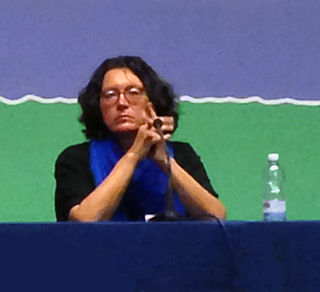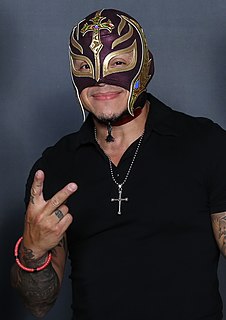A Quote by Etgar Keret
As the son of Holocaust survivors, this is life - you're put in a corner, and you have to get out. I believe that you can always get out.
Related Quotes
We think that life is about get the girl, get the guy, get the car, get the job, get the house, get the kids, get the better job, get the better car, get the better house, get the promotion, get the office in the corner, get the kids on their way, get the grandkids, get the retirement watch, get the cruise tickets, get the illness, and get the heck out. That's it. That's a good life. But life has nothing to do with any of that. That is not our purpose in living. That is not the Agenda of the Soul.
The bottom line is, don't be a lifer. Get in, get a business, get five years of what you can, and get out. What happens is they start listening to the promoters, 'You'll get the next main event.' And then, all of a sudden, you become a lifer. That's the kiss of death there. Get in shape, go in, get the money, get out, and have a wonderful life.
Getting a life’ is something only a complete idiot could believe. Like you can just drive to a store and get a life. See it in its shiny box and look inside the plastic window and catch a glimpse of yourself in a new life and say, ‘Wow, I look much happier — I think this is the life I need to get!’, take it to the counter, ring it up, put it on your credit card. If getting a life was that easy, we’d be one blissed-out race.
In old interviews I was still worried about being judged. I think my life was about how can I keep myself in control. How can I just get through this and be okay? And, you know, you turn the corner. You realize that you're not imprisoned by your life or your circumstances or your genetics or anything. I really believe that we all have the ability to come out of our story. But you have to tell your story first in order to come out of it.





































